How Canada can protect B.C.’s iconic killer whales without busting the budget
Three no-cost steps would advance the recovery of Southern Resident killer whales and show that environmental protection and fiscal restraint can go hand-in-hand.
What's new // In the media
Follow Raincoast’s conservation work as it appears in popular media outlets. Audio, video, and text interviews with scientists, and Raincoast team members about their research and campaigns to safeguard the lands and waters of coastal BC.
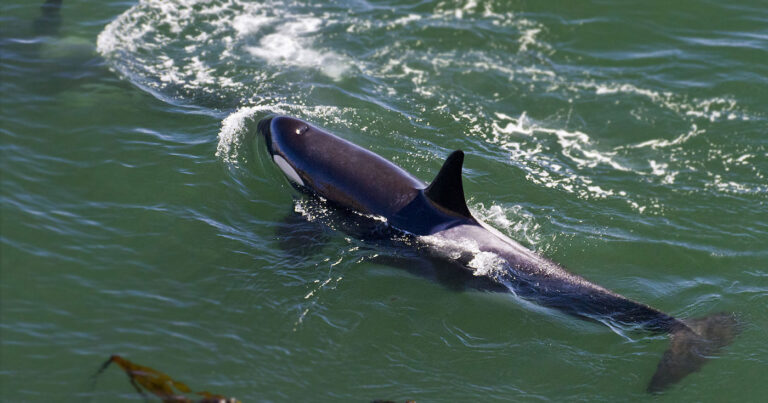
Three no-cost steps would advance the recovery of Southern Resident killer whales and show that environmental protection and fiscal restraint can go hand-in-hand.
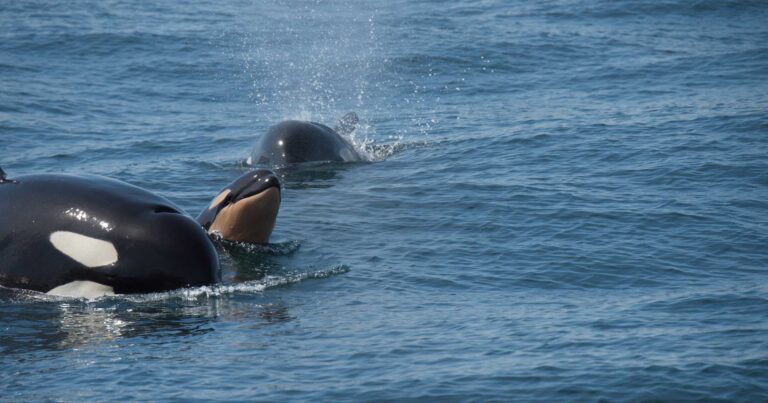
At 73 individuals, the southern resident killer whales’ decline since being listed as endangered two decades ago is unfolding in plain sight, despite mounting science on how to reverse it.
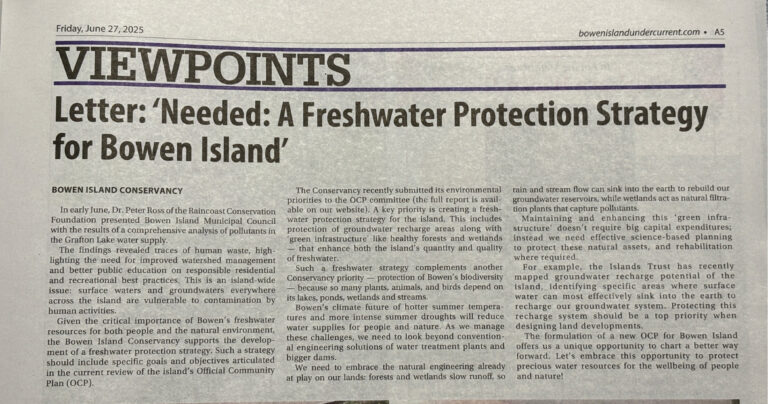
In early June, Dr. Peter Ross of the Raincoast Conservation Foundation presented Bowen Island Municipal Council with the results of a comprehensive analysis of pollutants in the Grafton Lake water supply. The findings revealed traces of human waste, highlighting the need for improved watershed management and better public education on responsible residential and recreational best…
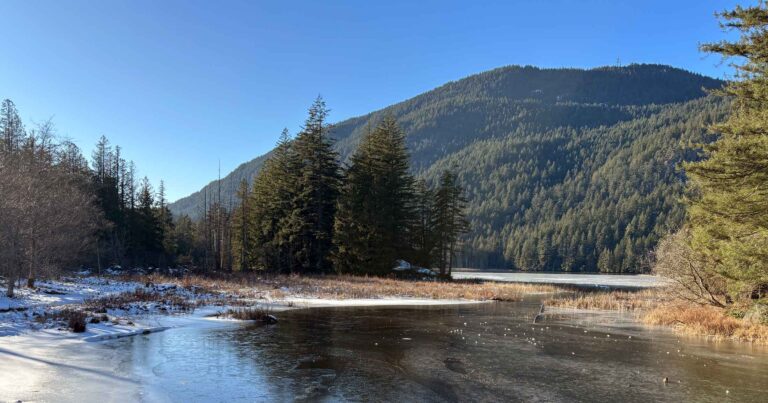
Water samples reveal cocaine and other pollutants in drinking water source for half of Bowen island residents.
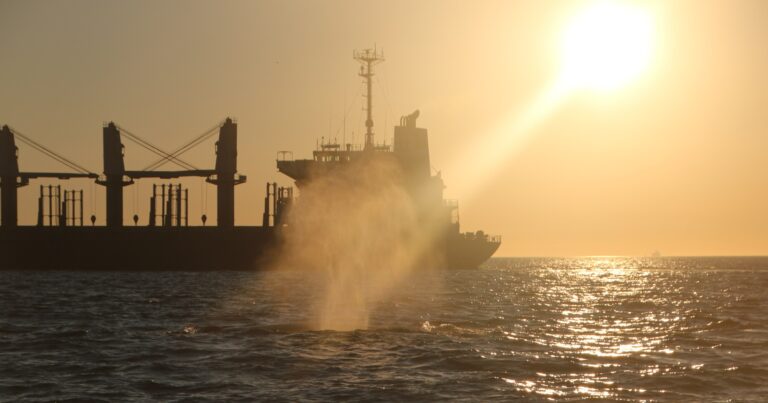
Studies have shown that killer whales’ ability to communicate is extremely sophisticated, but they still can’t seem to be able to get Transport Canada to understand them. The endangered Southern Resident killer whale‘s home includes the Salish Sea on British Columbia’s west coast, which is largely designated for their protection. However, their habitat is a…
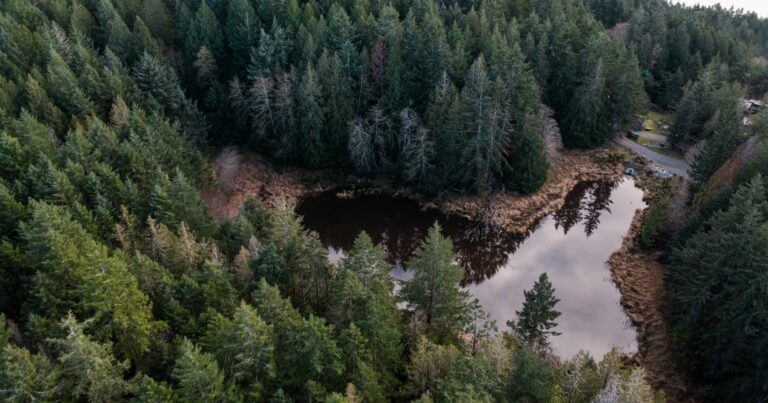
Islands in the Salish Sea are experiencing a worsening seasonal water deficit.
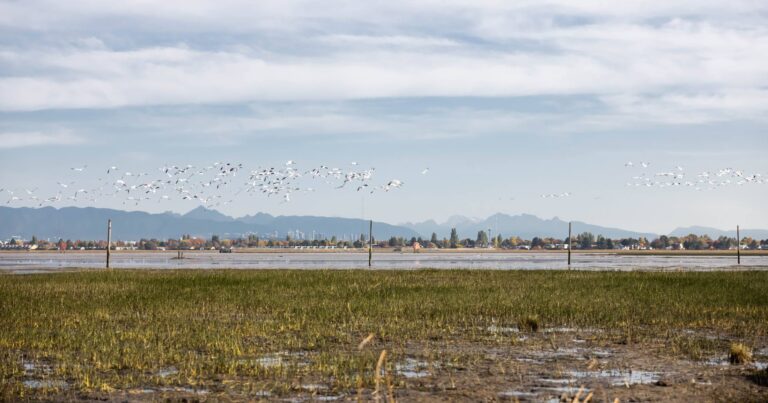
In New Zealand and Quebec, communities have successfully pushed for some form of Rights of Nature laws to be accorded to ecosystems around them.

Will the province stand by as the federal government permits the destruction of vital salmon habitat in BC?

In May, 2023, a US federal judge issued a ruling to halt the troll fishery off southeast Alaska’s west coast, saying the permits that enable the fishery do not properly protect endangered Southern Resident killer whales.
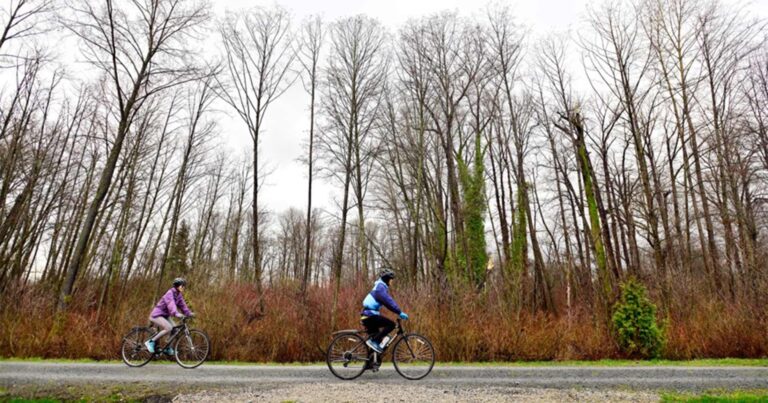
The battle over the location of Burnaby’s Green Recycling and Organics (GRO) facility has been framed as a choice between climate progress and habitat preservation, when in fact its ability to advance climate progress is weak at best.

Part of the story was featured on From Our Own Correspondence, a BBC podcast.

Dr. Peter Ross was on CBC’s Podcast, About That.